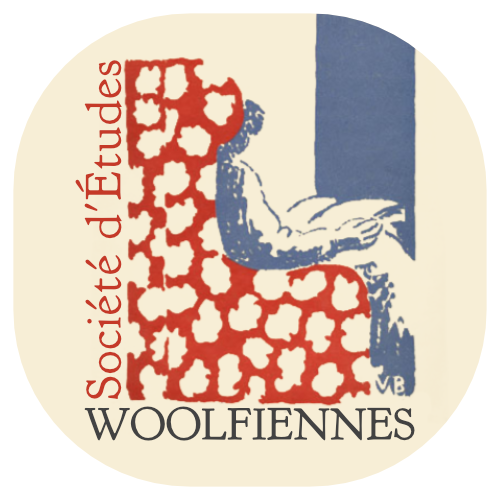INTERNATIONAL CONFERENCE
University of Rouen ERIAC, with the collaboration of the University of Picardie – Jules Verne and the Société d’Etudes Woolfiennes
Dr. Anne Besnault-Levita, Dr. Marie Laniel, Dr. Anne-Marie Smith-Di Biasio [HDR]
Confirmed keynote speakers:
Prof. Anna Snaith (King’s College, London)
Dr. Seamus O’Malley (Yeshiva University, New York)
Proposal submission deadline: February 20th, 2018
Call for papers
We propose to examine Virginia Woolf’s relationship to history by reflecting on her reading and writing of history (see notes in link below), be that the history of her own time, of the past, women’s history or literary history. This will involve analysing how the literary and historicity are interlinked not only in her novels, but also in the essays, letters and journals. This in turn might lead us to consider the question of anteriority and tradition, engaging both the po-ethical and political dimensions of a Woolfian writing of history and of pre-history, such as that which informs her late essay “Anon,” but is also present throughout her writing in the attention it accords to a cultural unconscious, subtending the present of language like a sometimes conscious, sometimes not yet conscious memory of the past. We might also be led to see Woolfian historiography from the perspective of materialist revisionism, a feminist rewriting of the past, or an infinite working through the library of her father, Leslie Stephen. Other possible perspectives would be to consider her work as that of an archivist writing against the archives of patriarchy in search of her own arkhe, or examining how she reinvents the historiographical, biographical and literary traditions. Woolf’s engagement in the history of Modernity might in turn be considered from a Benjaminian perspective, as a form of historiographical reconfiguration anticipating post-modern philosophy.
The question of Woolf’s hermeneutics of history might lead us to define the different forms of her engagement in women’s history, in the history of class, of her queering of history, her heterodoxy. We can also read her writing as a form of archeology delving into the written and non- written traces of history, attentive to the emergence of spectres and forms of survival or survivance but also as a response to what Woolf herself called, in Three Guineas, “history in the raw.” Thus addressing how Woolf arrests the kairos of historical moment, her own inscription of two world wars as if in negative, might lead us furthermore to consider her writing as a form of resistance, nonetheless steeped in the Real of history, the present and the body.
Paper proposals (a 300-word abstract with a title plus a separate biographical statement) should be sent by February 20th 2018 to Anne Besnault-Levita (annebenobloy@gmail.com), Anne-Marie Smith-Di Biasio (amdibiasio@neuf.fr) and Marie Laniel (marie.laniel@gmail.com)
For more information (list of possible topics, organizing and advisory committees, selected bibliography), please click the link here.


